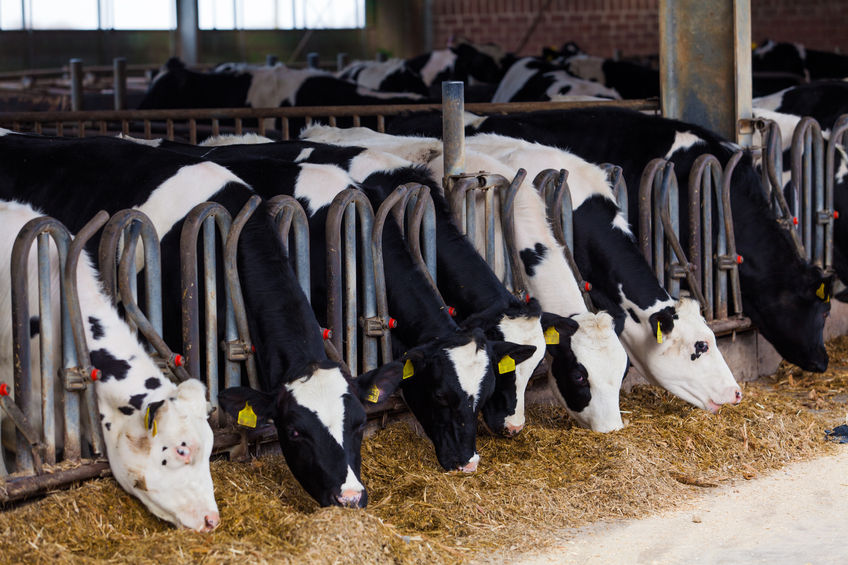
The UK dairy sector can only prosper post-Brexit if the government secures free and frictionless trade with the EU, the NFU says.
Delegates at the Semex Conference – the first big dairy conference of the year – heard how dairy farming needs the right investment and trading environment.
The conference comes after a year of uncertainty for the sector, particularly in the liquid milk market.
This has seen big implications for dairy farmers, such as those affected by the Tomlinson’s closure.
Speaking at Semex on Monday (13 January), NFU Vice President Stuart Roberts said the government needs to 'back British farming like never before'.
“It’s absolutely clear that whether it’s milk, cheese, butter or yogurt, the British public still value dairy with 98% of households regularly buying products that are nutritious and produced safely to high standards of animal welfare and environmental protection.
“If Brexit is about putting the British brand around the world – then the UK dairy sector can deliver that,” he said.
To realise this, Mr Roberts said there must be a free and frictionless trade deal with the EU and a future trade policy that doesn’t allow imports of dairy products produced to standards that would be illegal to produce in the UK.
He added: “The alternative is the damaging threat of trading on World Trade Organisation (WTO) rules meaning UK dairy farmers would face higher fees on exports, as much as 48% on butter and 57% of cheddar cheese.
“With the UK dairy sector exporting 3.2bn litres of products to the EU, it’s essential we secure a deal with the EU or face costs in the region of £500m.”
Mr Roberts said: “We need government to back British farming like never before and put in place the right policies so dairy businesses can continue doing what they do best – providing great tasting, traceable and affordable food for the nation.”
